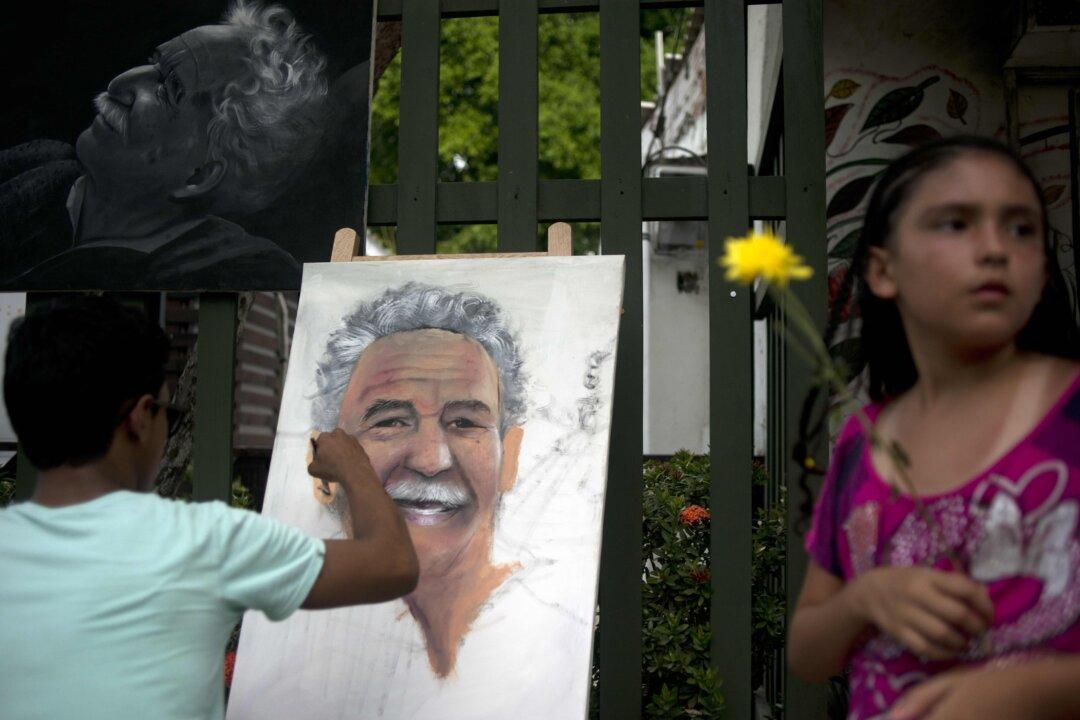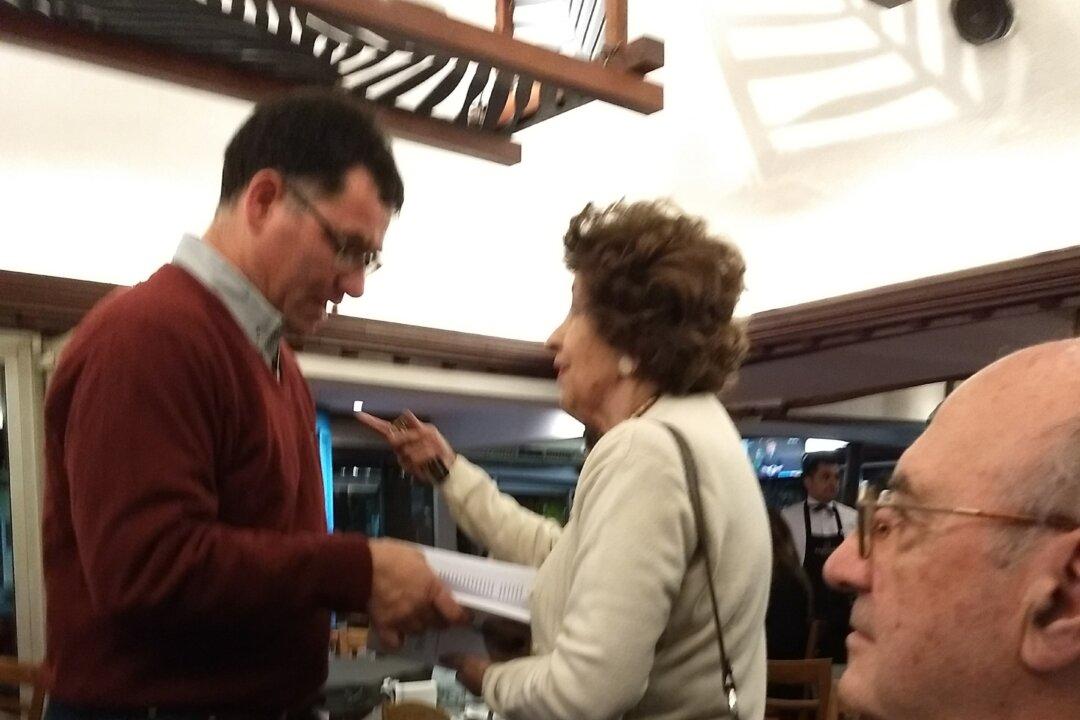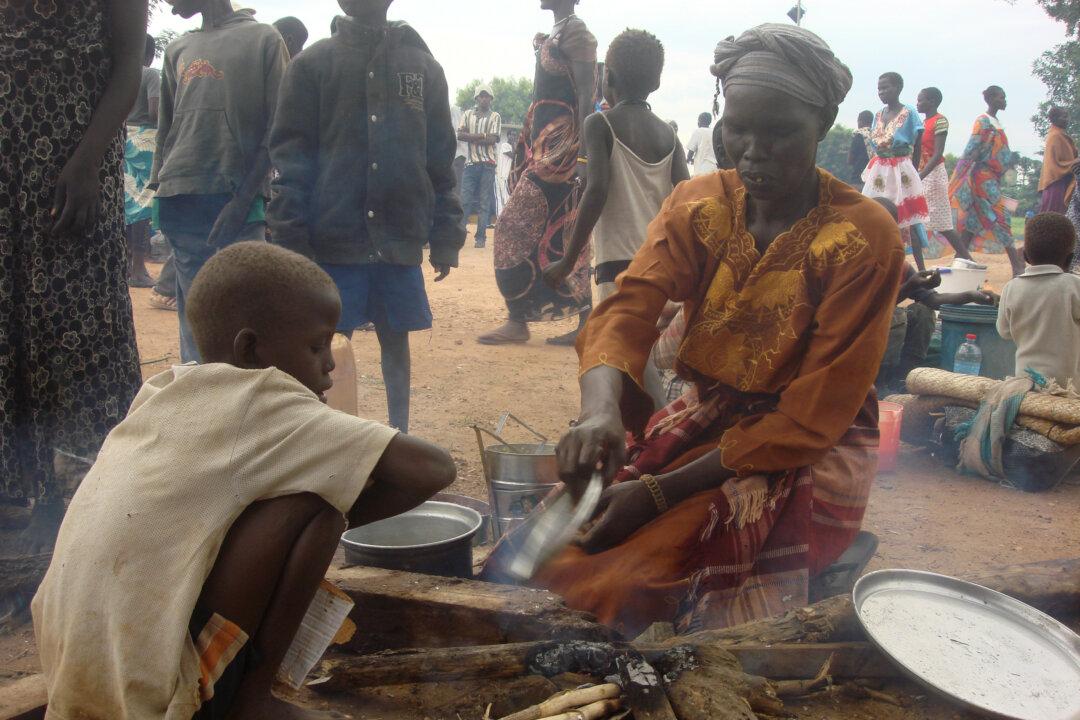I met Gabriel García Márquez and Fidel Castro at the Convention Palace in Havana during a medical meeting I attended in Cuba in the early ’80s. I also had the honor of being extensively quoted in one of his articles, “Con las Malvinas o sin Ellas” (With or Without the Malvinas). My article (which I had signed under the pseudonym of Juan Montalvo, to protect my family in Argentina) was a long interview with two leaders of the Madres of Plaza de Mayo organization in Argentina. It is a courageous group of women who still search for their sons and daughters who were “made to disappear” by the Argentine military ruling the country.
In his article, García Márquez reflects on two of his main preoccupations: the abusive relationship between big industrial powers and Latin American and Caribbean countries, and the state of human rights on the continent. Although comments on his life and work talk primarily about his literary achievements, they don’t deal with political aspects of his life.
“The world has lost one of its greatest visionary writers—and one of my favorites from the time I was young,” said President Obama in a statement, and called the author “a representative and voice for the people of the Americas.” President Obama is absolutely right about this: in his long career as a writer, Márquez always sided with the less fortunate and against those who abuse them.
In his Nobel acceptance lecture, Márquez elaborated on some of the topics that haunted him. He talked about two presidents who were suspiciously killed in airplane accidents, the reasons for which were never discovered. One of them, Jaime Roldós Aguilera, a president of Ecuador known for his firm stance on human rights, died in a plane crash on May 24, 1981, together with his assistants and their spouses.
John Perkins, former economist at the World Bank and author of “Confessions of an Economic Hit Man,” believes that Roldós was assassinated because his plan to reorganize his country’s hydrocarbon sector would have threatened U.S. interests. Months after Roldós’s death, another Latin American leader and close friend of Márquez, Gen. Omar Torrijos, Panama’s president, also died in a suspicious plane crash. Perkins believes that it was the result of a CIA-conducted assassination.
In his Nobel lecture, Márquez also refers to three countries in Central America, punished by long and bloody wars.
“Because they tried to change this state of things,” he said, “nearly two hundred thousand men and women have died throughout the continent, and over one hundred thousand have lost their lives in three small and ill-fated countries of Central America: Nicaragua, El Salvador, and Guatemala. If this had happened in the United States, the corresponding figure would be that of one million six hundred thousand violent deaths in four years.”
Because of foreign intervention, progress in many Latin American countries has been delayed for decades, a painful reality I was able to see in several health-related missions throughout the continent. But I also saw the optimism and the desire for a better future in peoples punished by long and brutal wars. Márquez expresses this powerfully in his own words, “In spite of this, to oppression, plundering, and abandonment, we respond with life. Neither floods nor plagues, famines or cataclysms, not even the eternal wars of century upon century, have been able to subdue the persistent advantage of life over death.”
It is that desire for a better life that I saw one day leaving my hotel in Port-au-Prince, Haiti, when a band of schoolchildren passed in front of me neatly dressed, singing on their way to school. I couldn’t but marvel that in the poorest country in the hemisphere, with persistent lack of water and material means, those children were able to proudly walk to school in their clean uniforms, their singing a manifestation of their optimism.
These facts make me reflect that the best way to honor the memory and keep the legacy of one of Latin America’s greatest writers is not only to remember the literary man, but also the man who always expressed his concern for the dispossessed of the earth.
Dr. César Chelala is a co-winner of an Overseas Press Club of America award.
Opinion
Gabriel García Márquez’s Lost Legacy
I met Gabriel García Márquez and Fidel Castro at the Convention Palace in Havana during a medical meeting I attended in Cuba in the early ’80s. I also had the honor of being extensively quoted in one of his articles, “Con las Malvinas o sin Ellas” (With or Without the Malvinas). My article (which I had signed under the pseudonym of Juan Montalvo, to protect my family in Argentina) was a long interview with two leaders of the Madres of Plaza de Mayo organization in Argentina. It is a courageous group of women who still search for their sons and daughters who were “made to disappear” by the Argentine military ruling the country.

Nobel Prize in literature 1982 laureate Gabriel García Márquez is the subject of this portrait being painted in his hometown of Aracataca, Colombia, on April 18, 2014. García Márquez, the author of One Hundred Years of Solitude, died on April 17 at home in Mexico City with his wife and two children at his side. Eitan Abramovich/AFP/Getty Images
|Updated:



